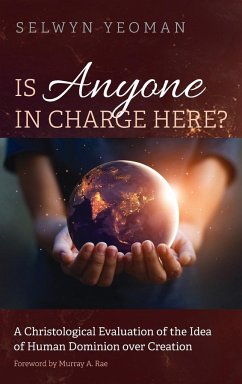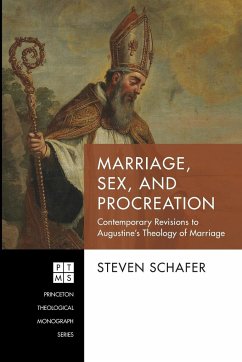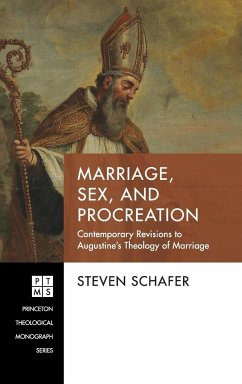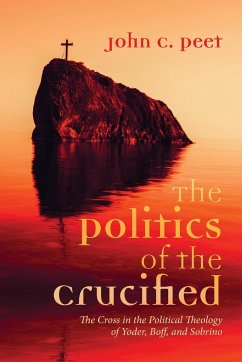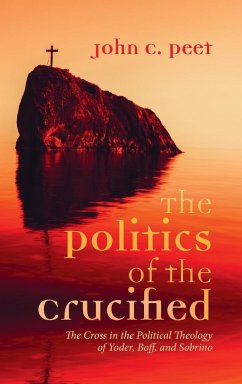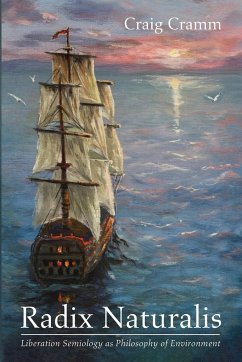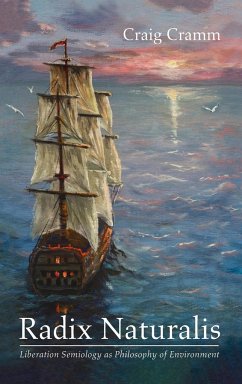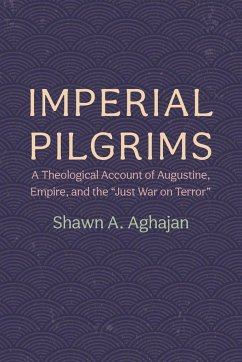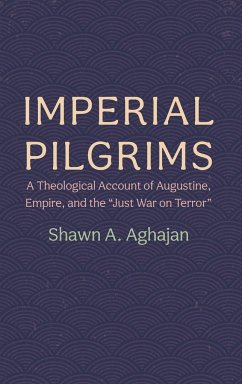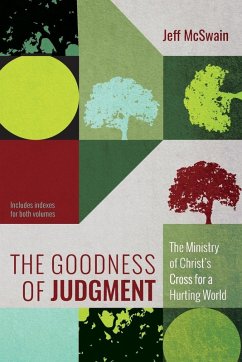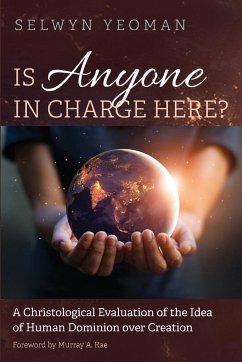
Is Anyone in Charge Here?
Versandkostenfrei!
Versandfertig in 1-2 Wochen
36,99 €
inkl. MwSt.
Weitere Ausgaben:

PAYBACK Punkte
18 °P sammeln!
What are our responsibilities as human beings in the exercise of our undoubted powers over all other creatures and the earth itself? The idea that human beings have dominion over the rest of creation is often regarded as the chief source of the world's current environmental crisis. From the universities to talk-back radio, this is a commonly repeated theme, but how strong is its basis? Is Anyone in Charge Here? is a critical conversation with the seminal Lynn White paper, ""The Historical Roots of Our Ecologic Crisis."" Easter Island, New Zealand, and ancient Mesopotamia, biblical exegesis, hi...
What are our responsibilities as human beings in the exercise of our undoubted powers over all other creatures and the earth itself? The idea that human beings have dominion over the rest of creation is often regarded as the chief source of the world's current environmental crisis. From the universities to talk-back radio, this is a commonly repeated theme, but how strong is its basis? Is Anyone in Charge Here? is a critical conversation with the seminal Lynn White paper, ""The Historical Roots of Our Ecologic Crisis."" Easter Island, New Zealand, and ancient Mesopotamia, biblical exegesis, historical theology, monastic movements, and current environmental challenges are all explored. It examines the roots of the idea of human dominion, how the idea has been understood through the centuries, how people have worked it into their living, and how it might be constructively applied in our current crisis. All this is theologically evaluated in the light of Jesus Christ being both the true human, and God's way of involvement in the world as creative Word, representative image, and serving Lord.




